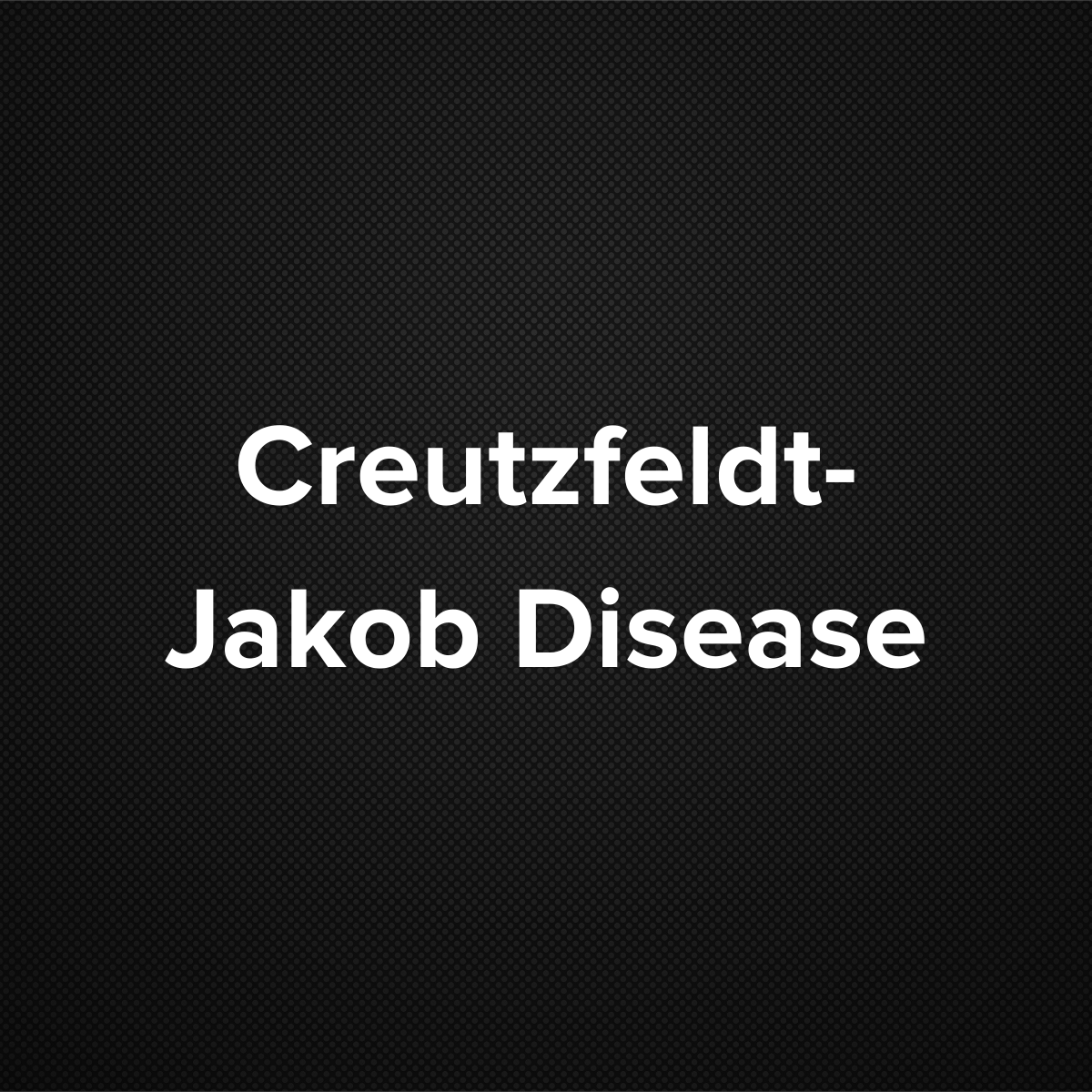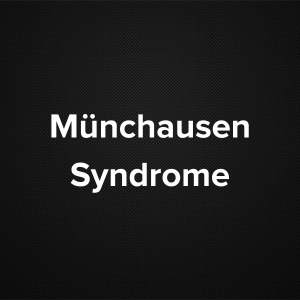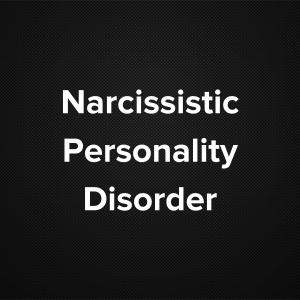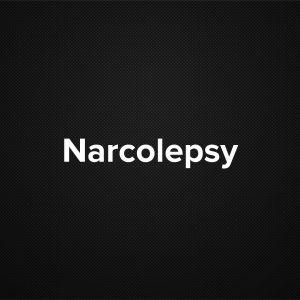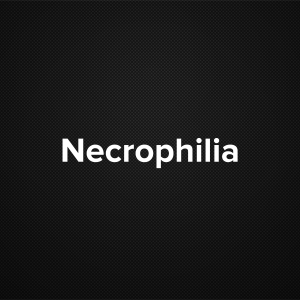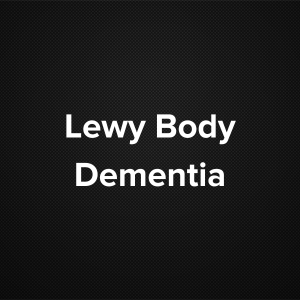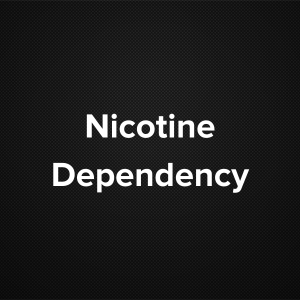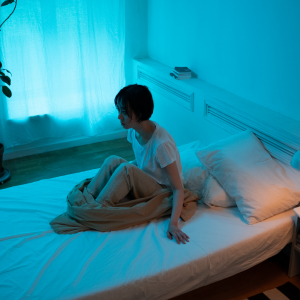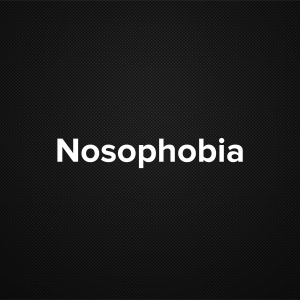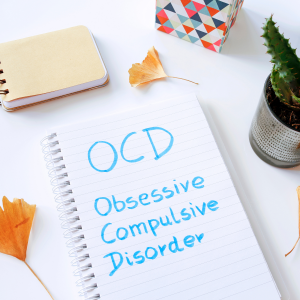Causative and risk factors
Creutzfeldt-Jakob disease is caused by an infectious form of prion proteins which are normally present in the human body. Researchers have still not been able to isolate any specific bacteria or virus associated with the disease.
The following are the modes by which this disease can be transmitted:
Sporadic – Creutzfeldt-Jakob disease may sometimes arise in a person who has no known risk factors to develop this condition.
Hereditary – Some individuals have a family history of Creutzfeldt-Jakob disease
Acquired – acquired by exposure to certain medical procedures on the brain and nervous system.
Clinical presentation
Creutzfeldt-Jakob disease causes progressive degeneration of the nervous system leading to a plethora of symptoms. The patient may be confused, disoriented, agitated and apathetic. Mood swings and memory problems are commonly observed. Other symptoms include insomnia, depression and problems with planning and judgement. The patient may have involuntary jerky movements, muscle stiffness and may find it difficult to walk. As the disease progresses, the patient can become blind, catch numerous infections or go into a coma; eventually leading to death.
Investigations
Production of degenerative neurological symptoms and their rapid deterioration are indicative of Creutzfeldt-Jakob disease. In addition, the following tests may be needed:
- Lumbar puncture (spinal tap) test
- Electroencephalogram (EEG)
- Brain magnetic resonance imaging (MRI)
- Brain biopsy/autopsy
Creutzfeldt-Jakob disease must be differentiated from other neurological disorders such as dementia, Alzheimer disease, viral encephalitis, Hashimoto encephalopathy, Peripheral neuropathy, paraneoplastic disorder etc.
Treatment
There is no treatment found yet that can cure or prevent this disease. The aim of treatment is symptomatic relief only. Treatment includes the use of painkillers, sedatives, anti-depressants etc.
In addition, supportive treatment such as feeding tubes and nursing care is essential.
The outlook is poor. Most people die within 1 year of onset of symptoms.
